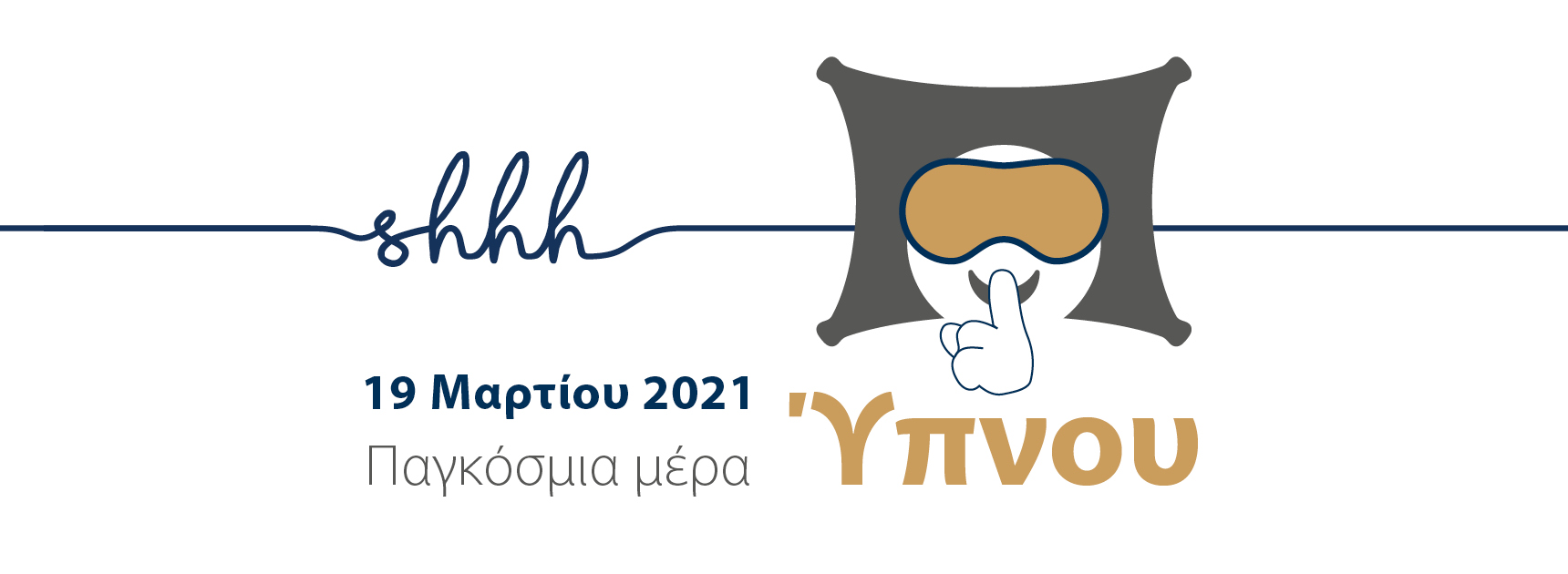
19 Mar World Sleep Day 2021 (19/03/21)
Slogan: “Regular Sleep, Healthy Future”
This year’s focus is based on the benefits that regular sleep offers. Regular sleepers have better mood, psychomotor performance and academic achievement.
Besides the environment, stress and medication that affect sleep, there are two processes that regulate both the timing and the length of sleep.
Process C (The Circadian Regulation Process): It is when our internal clock is regulated by the suprachiasmatic nucleus (SCN) of the hypothalamus. This clock regulates and controls the 24-hour sleep-wake cycle via the influence of light and melatonin, a hormone primarily released by the pineal gland at night (a.k.a. nature’s sleeping pill). In the absence of light, melatonin is produced promoting sleep. In the presence of light, the production of melatonin ceases, signalling our brain that it is daytime and we need to wake up. Our behaviour can override these natural signals. For example, bright lights at night shut down the production of melatonin, delaying sleep until late night hours.
Process S (Homeostatic Control): This process promotes sleep, based on the previous amount of time that we spend awake. During wakefulness our brain accumulates substances that promote sleep, so when we sleep these substances are cleared up and we feel alert again. It is stressed that taking a nap in the afternoon should be enjoyed in moderation, since it reduces the substances that promote sleep, hence we are unable to sleep at a reasonable time at night. Therefore, an afternoon nap should not exceed 30 minutes a day.
The best sleep is when we synchronize our sleep/wake times to our internal clock and our sleep propensity, finding the perfect equilibrium between process C and process S.
It is important to remember that sleep is involved in many human body functions such as memory consolidation, control of inflammation, hormonal and cardiovascular regulation. Therefore, it has been shown that insufficient and/or reduced sleep duration causes impairments in cognitive and executive function, while poor sleep has been associated with poor mental health.
Regular, quality sleep is a treasured function, allowing a healthier life and a healthier future.
Source: https://worldsleepsociety.org/


